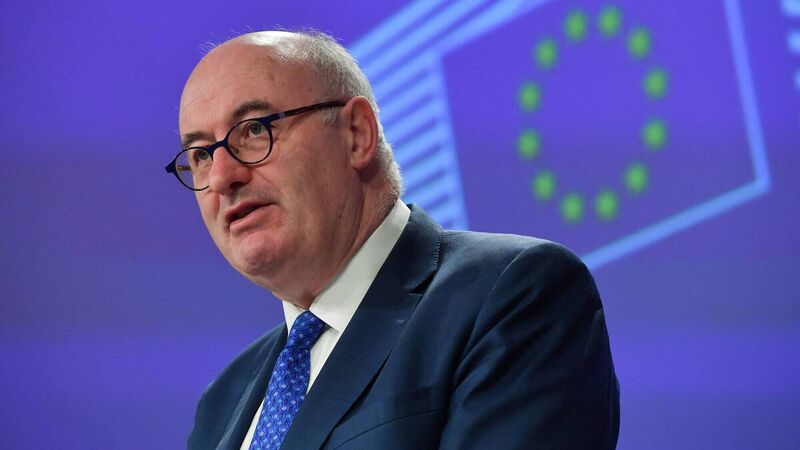Daniel McConnell: Phil Hogan's resignation from EU Commission had become inevitable

The resignation of Ireland’s EU commissioner Phil Hogan had become inevitable.
Since the Irish Examiner broke the story about the golf event in Clifden last Wednesday, Mr Hogan’s presence there has been the source of considerable controversy.













